Help Spread the Word
Be an advocate in reducing death from cancer. Make your family and friends aware of information and methods available to spot cancer early.

Stay Informed!
Watch for Oakley’s monthly newsletter.
Accurate diagnosis and timely treatment require a medical team. Spotting a sign or symptom does not mean you have cancer. It does require an evaluation by a medical professional to diagnose the potential issues and if necessary recommended proper treatment. A medical team, based on family history, race/ethnicity, and your current health, can help you to develop a monitoring and testing plan for your long-term wellness. (108, 109)
It is easier to select a medical team when there is no crisis. This gives you time to research for providers you trust, have confidence in, and with whom you have established a rapport. When you are sick or need immediate medical attention, you want to be comfortable seeing someone you know and trust and, even more importantly, someone who knows YOU and your medical history. It is easier to obtain a timely appointment or referral if you are a regular patient. You need the ability to schedule regular doctor visits, routine testing, and imaging that can help catch small problems before they become serious. The medical team will maintain your baseline in their records. We have provided a baseline form for you to complete and use as a reference to monitor your body.
Diagnosis involves a complex and dynamic involvement of the patient, family, doctors, clinicians, and other healthcare professionals. Ensure you get a definitive diagnosis within a few weeks or seek a second opinion.
You should always take an active part in your healthcare and getting a second opinion is an important part of that process.
or
Download the Baseline Body Comparison Chart for comparison
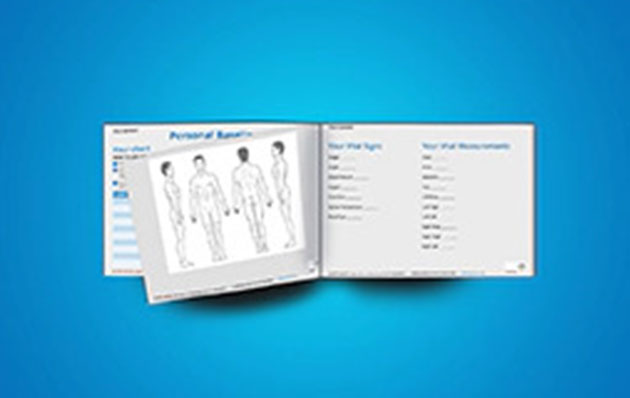

To monitor yourself for early cancer detection, you must know the cancer signs and symptoms. A listing of the various signs and symptoms are just a click away.

Cancer grows 24/7. Therefore, you must monitor your body to detect any abnormality between regular doctor visits or screenings. The tools and methods are described in this section.

Knowing and charting your family medical history will help your medical team as they develop a long-term wellness program suited to your unique needs.

Cancer is not self-healing. Therefore, when spotting a cancer sign or symptom, consider it a red flag that should cause you to consult your medical team immediately to determine if it is cancer or another illness.
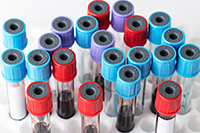
Not all cancer signs and symptoms are visible. You should establish specific times for the various cancer screening and tests with your medical team.
Be an advocate in reducing death from cancer. Make your family and friends aware of information and methods available to spot cancer early.

Watch for Oakley’s monthly newsletter.
Download the Complete Body Monitoring Guide to keep track of your body’s changes. The guide includes interactive charts and body monitoring guidelines.
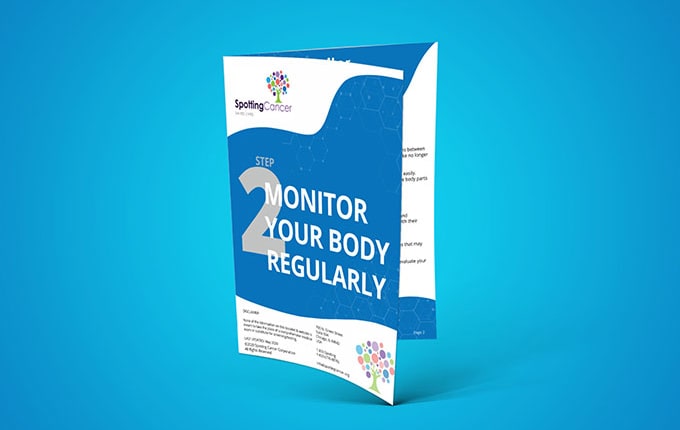
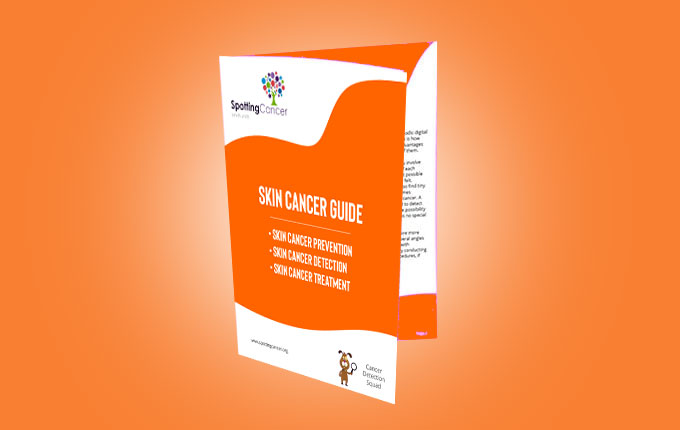
Get our latest insights into skin cancer prevention, detection and treatment in this easy to follow guide.
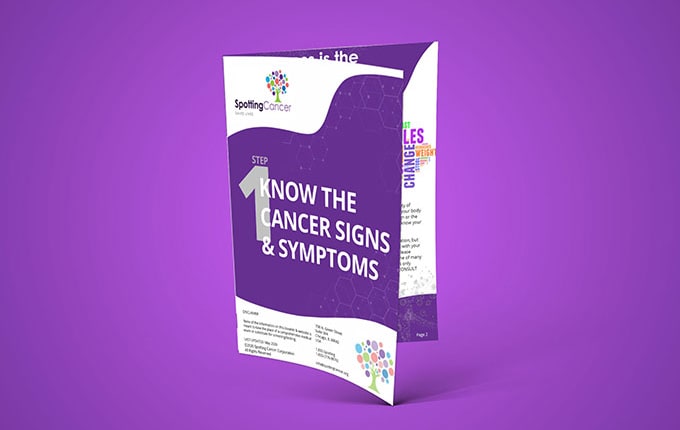
Download the Spotting Cancer Signs & Symptoms Guide to learn what to look for. Knowing and spotting indicators of cancer early can save your life.
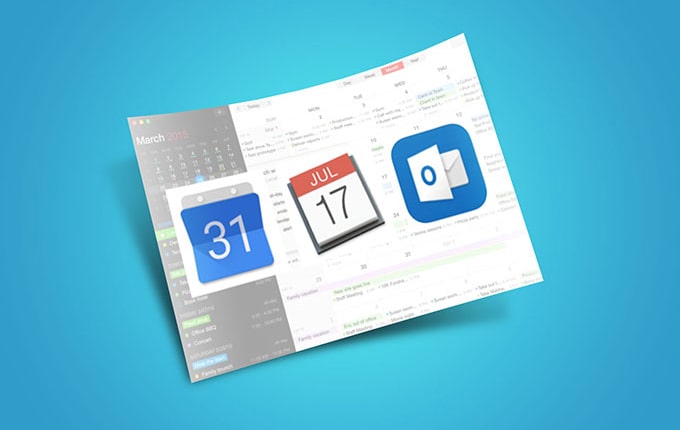
Regular monitoring and testing is a life-saving habit. Save a Body Monitoring and Screening & Testing schedule to your Google Calendar or iCalendar to stay on track!
Download the Baseline Body Comparison Chart for comparison

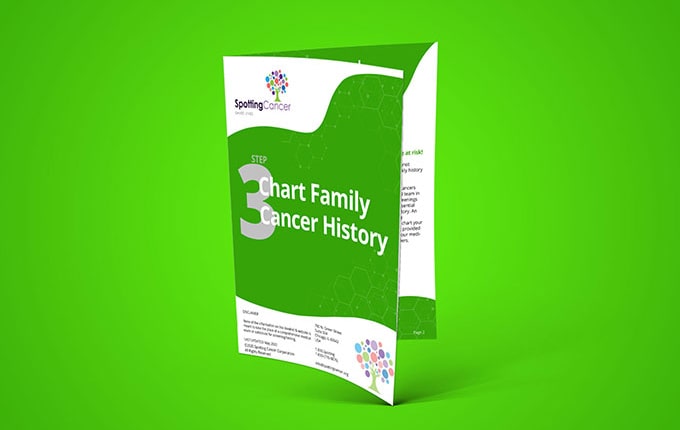
Because 5 to 10 percent of all cancers are genetically related, knowing your family cancer history can help you detect cancer early and save your life. Download the Family Cancer History Guide!
Download the Screening & Testing guide to know the various screenings and testings necessary to help detect cancer early and save your life.
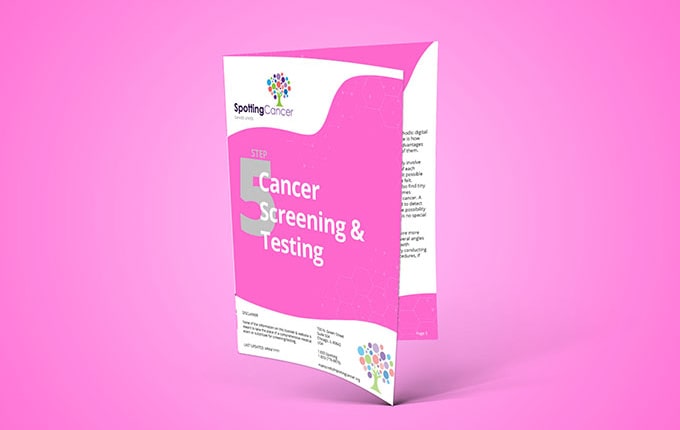
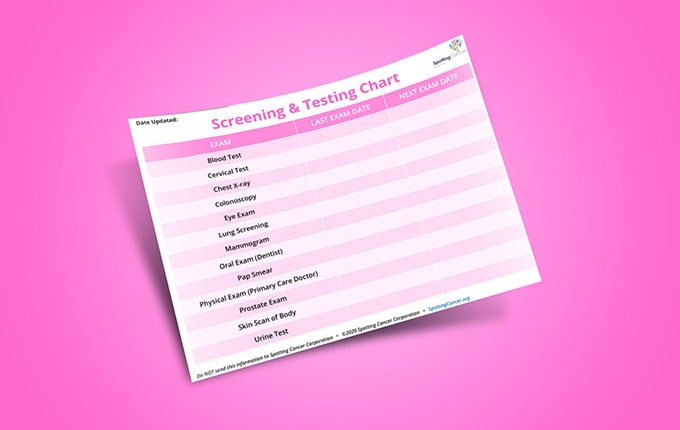
Download the interactive Screening & Testing Scheduling chart to help you keep track of important screening and testing schedules. Download today!
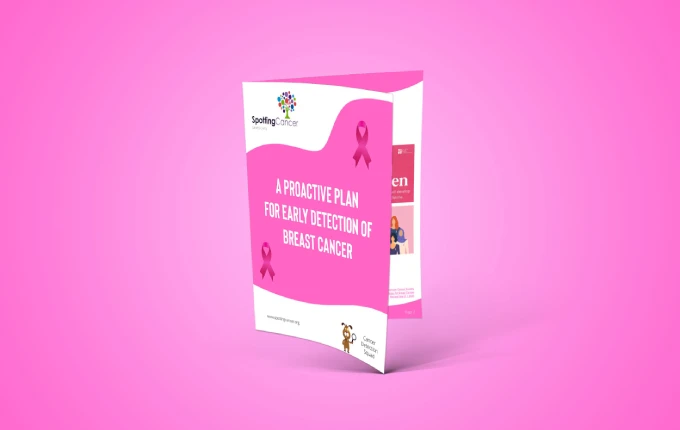
Regular colonoscopies could be the difference between spotting cancer early or not.
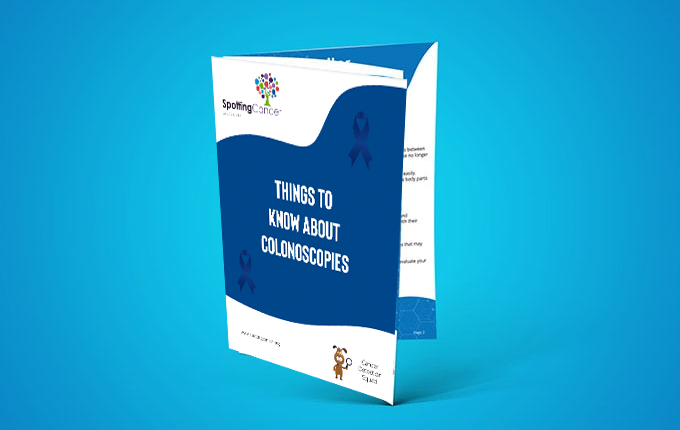
We use cookies to improve your experience on our site. To find out more, read our privacy policy and cookie policy. By continuing to browse this site, you agree to our use of cookies.
To learn more, please read our privacy policy & cookie policy I'm okay with thatDeny
| Cookie | Duration | Description |
|---|---|---|
| cookielawinfo-checbox-analytics | 11 months | This cookie is set by GDPR Cookie Consent plugin. The cookie is used to store the user consent for the cookies in the category "Analytics". |
| cookielawinfo-checbox-functional | 11 months | The cookie is set by GDPR cookie consent to record the user consent for the cookies in the category "Functional". |
| cookielawinfo-checbox-others | 11 months | This cookie is set by GDPR Cookie Consent plugin. The cookie is used to store the user consent for the cookies in the category "Other. |
| cookielawinfo-checkbox-necessary | 11 months | This cookie is set by GDPR Cookie Consent plugin. The cookies is used to store the user consent for the cookies in the category "Necessary". |
| cookielawinfo-checkbox-performance | 11 months | This cookie is set by GDPR Cookie Consent plugin. The cookie is used to store the user consent for the cookies in the category "Performance". |
| viewed_cookie_policy | 11 months | The cookie is set by the GDPR Cookie Consent plugin and is used to store whether or not user has consented to the use of cookies. It does not store any personal data. |
Join the
Cancer Detection Squad
for free.
Be part of a movement to proactively reduce cancer deaths through early detection and timely treatment.